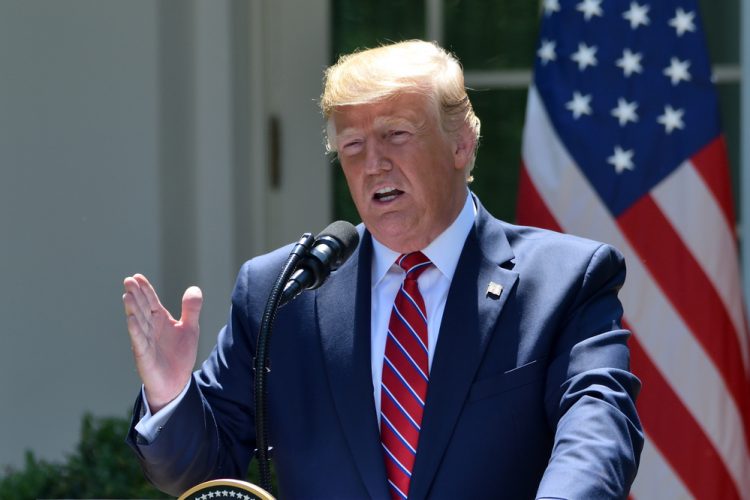Trump executive order targets US pharma supply chain resilience
Posted: 14 August 2025 | Dominic Tyer (European Pharmaceutical Review) | No comments yet
Calls for active pharmaceutical ingredient (API) stockpile to cover around 26 ‘critical drugs’.


US President Donald Trump has directed the health department to draw up a list of drugs deemed essential and stockpile the active pharmaceutical ingredients (APIs) they require.
His executive order will cover around 26 drugs that are “especially critical to the health and security interests of the nation” and see them added to the Strategic Active Pharmaceutical Ingredients Reserve (SAPIR).
“Filling the SAPIR will insulate the United States from the concentration of foreign, sometimes adversary, nations in the world-wide supply of the key starting materials used to make APIs.
“Moreover, Government purchases of APIs to fill the SAPIR can encourage more domestic production of APIs,” the order notes.
Established under President Trump’s first term of office, the SAPIR is overseen by the Office of the Assistant Secretary for Preparedness and Response (ASPR) within the Department of Health and Human Services (HHS).
The first iteration of SAPIR identified 86 medicines as being either critical or important for acute care, with no comparable alternative available. That initial ASPR list included Pfizer/Bristol Myers Squibb’s anticoagulant Eliquis (apixaban), Gilead’s HIV treatment Biktarvy (bictegravir) and Amgen’s Neupogen (filgrastim).
Under President Trump’s latest executive order ASPR is required to develop a new, reduced critical drugs list within the next 30 days, looking at how existing funding can be used to maintain a six-month supply of their APIs, prioritising domestic manufacturing sources.
The executive order’s direction is the latest bid by the US government to increase investment in domestic pharmaceutical production and manufacturing and follows hard on the heels of the new FDA PreCheck programme.
That scheme will provide more support and a streamlined application process to companies constructing new US facilities, with the 11 percent of APIs currently made by US manufacturers of concern to the Food and Drug Administration.
However, that number is set to rise over the next few years, with US tariff plans already being followed by API facility investments by AbbVie and Lilly.
Related topics
Related organisations
Office of the Assistant Secretary for Preparedness and Response (ASPR), US Department of the Health and Human Services (HHS)
Related drugs
Biktarvy (bictegravir), Eliquis (apixaban), Neupogen (filgrastim)




![Gilead sign at their headquarters in Silicon Valley, California USA[Credit: Michael Vi/Shutterstock.com].](https://www.europeanpharmaceuticalreview.com/wp-content/uploads/Gilead-2-400x187.jpg)



